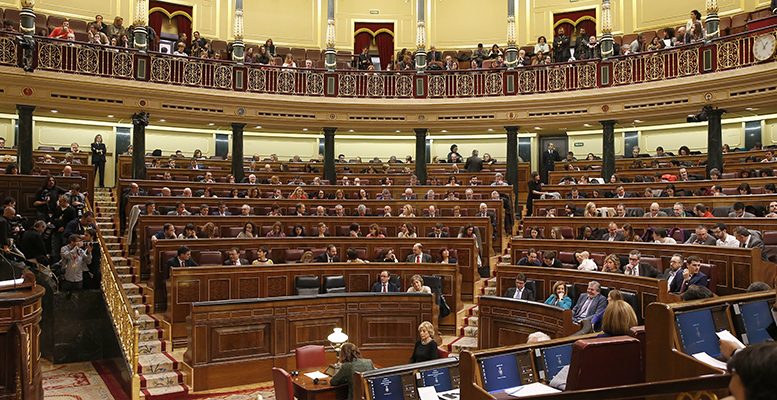Fernando Gonzalez Urbaneja | With half a dozen seats still to be counted, including those from abroad that will be counted on Friday, the outcome of the elections is still uncertain. The risk of a deadlock, i.e. that no one will be able to form a sufficient coalition to install a president, is a reasonable hypothesis. More than ever, it may be concluded that everyone has lost and no one has won. The PP’s victory is insufficient and so is the resistance of the Socialists. The two “prop” parties have retreated, although they continue to be indispensable. And the Catalan (14), Basque (11) and Galician (1) nationalists and the two regionalist parties (Canaries and Navarre) are likely votes if the price for their support compensates them. They all started last night at a high price.
Spaniards have been voting in a complicated way for the last ten years, there have been five elections and there are few variations in terms of antagonistic and perhaps incompatible electoral blocs. In this we resemble the central and northern Europeans who for decades have had majorities of up to five parties swinging to the right and left depending on the arithmetic.
The polls have come out of this journey rather badly, as none of them have been right, some less so than others, but no one has come so close as to claim to have been able to anticipate the will of the electorate. And the leaders have not fared so well, as some have disappointed their own expectations and others have gone so far back that they have had to rethink their strategies.
Nor do the electoral campaigns themselves deserve the best marks, as they are not very proactive and have focused on demonising their opponents, which is one of the conditions for the death of democracies. All the actors in Spanish politics will have to rethink their strategies if they want to contribute to the progress and well-being of citizens.
The best thing about Election Day was the voters, who participated normally and efficiently. The system worked, including the postal service; the polling stations did their work without incident, with a quick count.
Although nobody has paid the slightest attention, the Senate will have a swing in favour of the PP, which will enjoy an absolute majority. It is not a key part of the government, but it enjoys some important prerogatives, for example, the replacement of four members of the Constitutional Court in 2025.
Over the next few days it will be possible to measure and consider the negotiating capacity of all political players, both large and small, and without losing sight of the possibility of new elections in early 2024.





